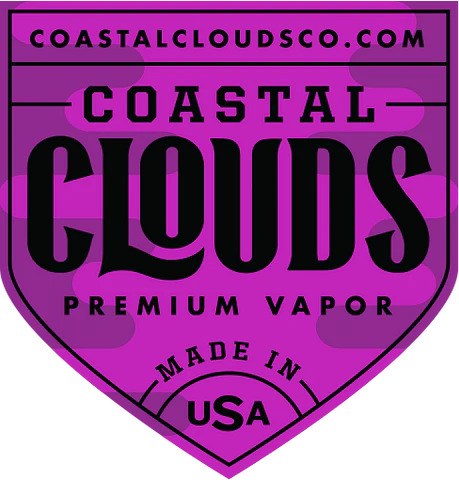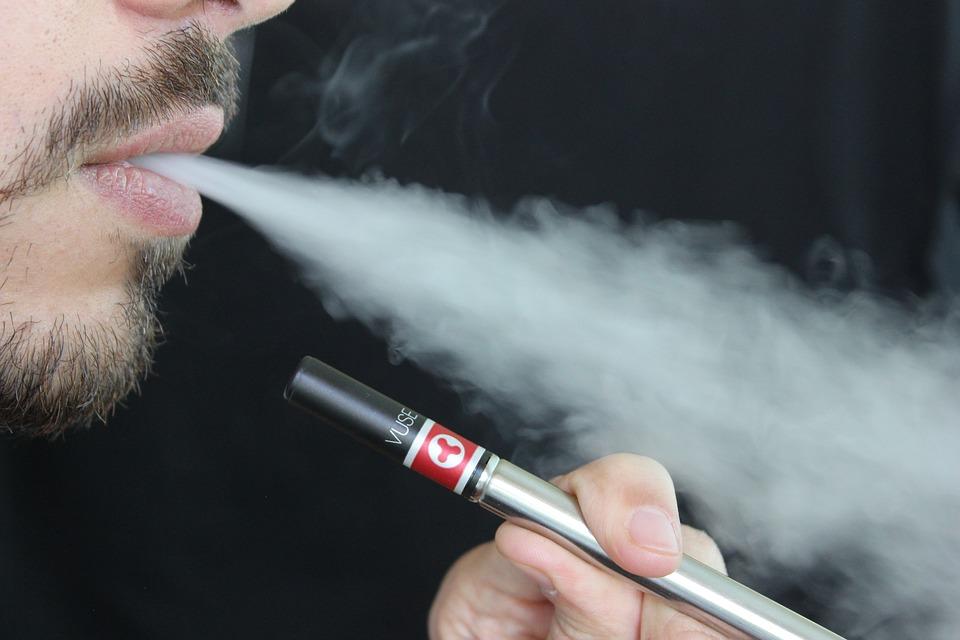One of our favorite high-end liquid suppliers, Jam Monster E-Liquid, is back at it with a line of jamtastic fruity blends, the Fruit Monster. In this unique trio of wild flavors, Jam Monster sets out …
Breazy Vape Blog
For most new vaping converts, choosing the right amount of nicotine in your e-liquid is a tough choice, right up there with figuring out what kind of hardware you're going to use and what flavors yo …
"Does nicotine make you tired?" is a question that many people have asked, and the answer is that it doesn’t. It tends to disrupt sleep patterns and make you more likely to sleep for fewer ho …
Best Summertime Vape Of 2023: Our Top 5 Best Vape Juice Flavors As summer rolls in, vapers around the world are seeking new and exciting e-liquids to enhance their vaping experience. The year 2 …
E-Liquid Ingredients Hello again, dear readers. Today we're going to tackle a topic that's been the subject of mountains of speculation but very little substantial debate – what actually go …
Buying a Vape Pen: Ultimate Guide It may be quite daunting to see the wide selection of vape pens available if you're new to vaping. Whether you see a simple slim one button pen or a multi-la …
Choosing The Best Vape TankOne of the most important parts of vaping is choosing the right tank. It’s critical because you’re not only searching for the best vape tech, but also something that’ll suit …
Introducing Naked 100 Salts E-Liquid Naked 100 Salts E Liquid has finally been announced and you'll hear about it first right here at Breazy.com. Naked 100 as you well know is the hottest vape juice …
Batteries are a critical component of every vaper's hardware, whether you know it or not. Simply put, they provide the power needed to vaporize your e-liquid: no power, no vapor. If you’ve got …
Vapes on a Plane We all know air travel can be a pain. Enduring long lines, removing shoes, emptying your electronics cases, submitting to a full body scan. If you're lucky that's what it takes just …







